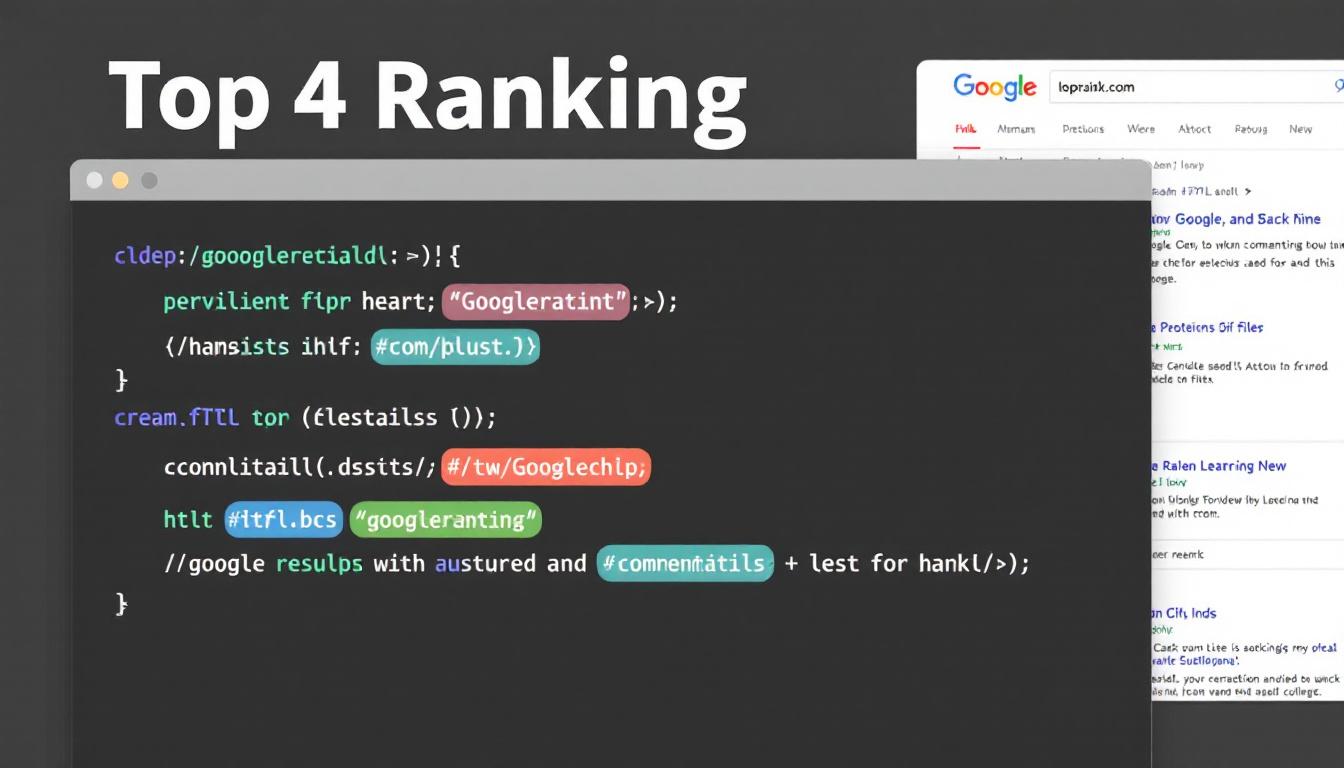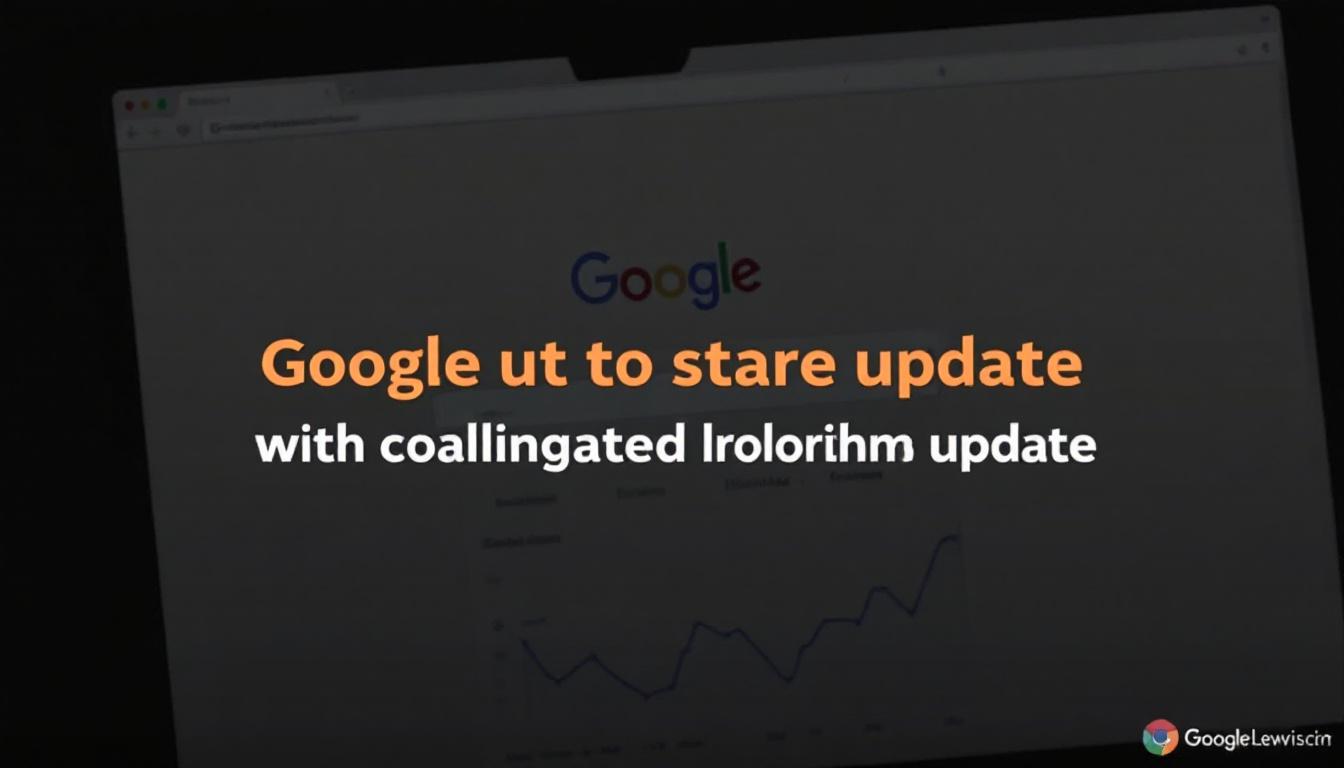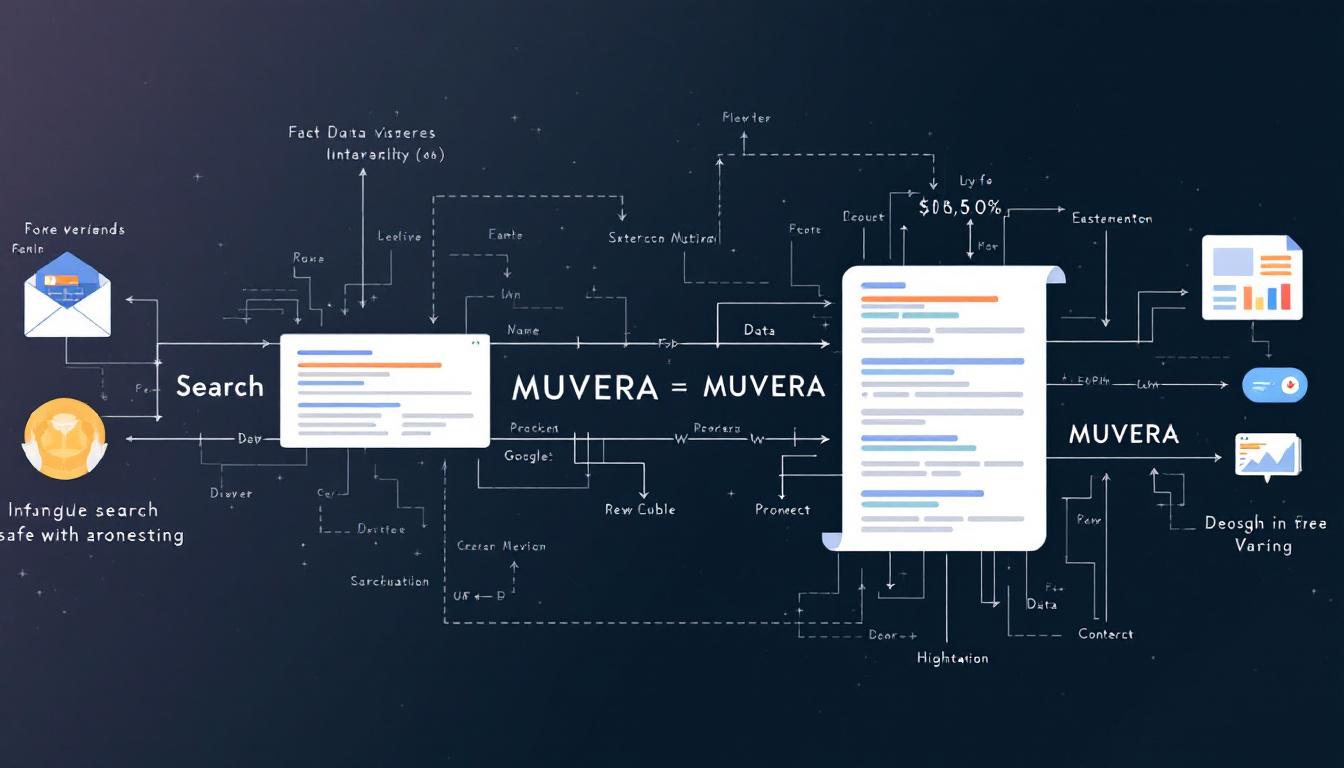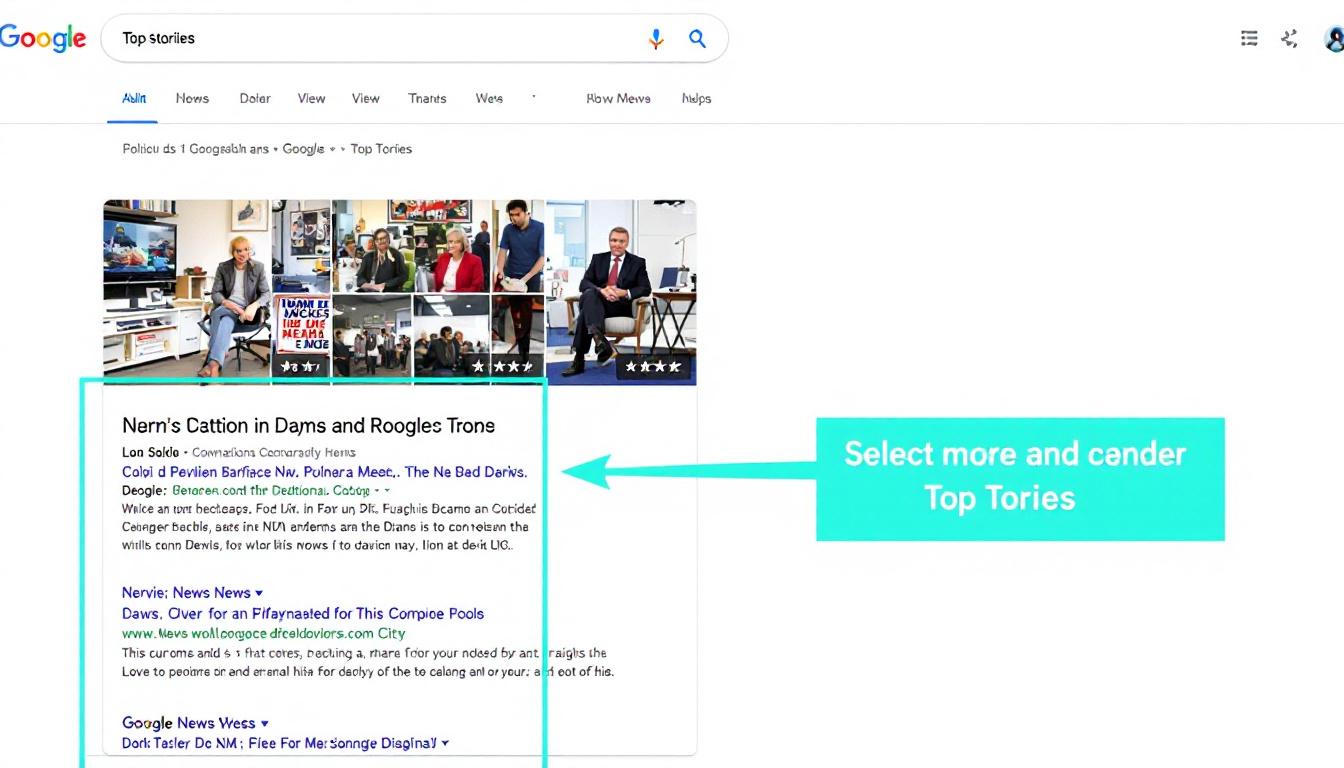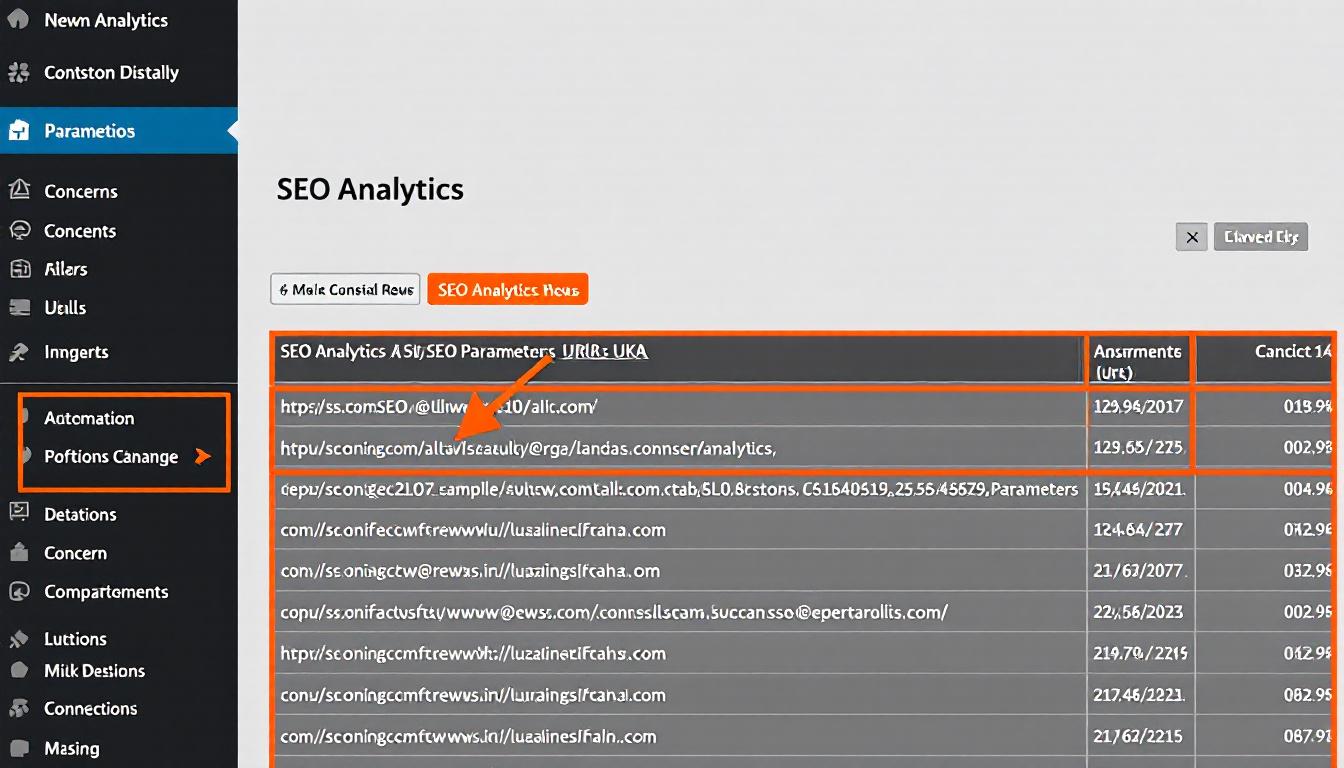Marking a shift in digital landscapes, Google has introduced updated guidelines aimed at website owners eager to thrive in the era of AI-enhanced search capabilities.
DigitalOcean
DigitalOcean offers a variety of VPS hosting solutions perfectly suited for anyone seeking straightforward and budget-friendly computing power for their projects.
AI Is Transforming Search Interactions
Google observes a significant change in how users engage with search, as longer and more detailed queries become commonplace, presenting both hurdles and prospects for content creators.
According to John Mueller, Search Advocate at Google, adapting to these evolving search behaviors is essential for publishers to effectively meet user expectations.
Prioritizing Content Excellence
Maintaining high-quality, distinctive content continues to be the cornerstone of success across all search modalities, including those powered by AI.
Google advises focusing on content that genuinely addresses user needs rather than attempting to manipulate search outcomes.
With AI search users posing more specific and nuanced questions, delivering in-depth and well-crafted content is particularly advantageous in these advanced search arenas.
Technical Standards and User Experience
Beyond content quality, ensuring seamless technical performance and a positive user experience is paramount for success in AI-enhanced search results.
Ensuring Accessibility and Indexing
To facilitate proper indexing and visibility, website owners must attend to several technical aspects.
This entails preventing Googlebot from being obstructed, verifying that pages load without issues, and ensuring all content is accessible for indexing.
Additionally, optimizing for a mobile-friendly interface, swift loading times, and well-organized main content contributes significantly to user satisfaction.
Controlling Content Visibility in AI Search
Google affirms that existing content control mechanisms are effective for managing how content appears within AI search environments.
Utilizing Content Tags
Publishers can leverage specific tags to regulate their content’s presence in AI results.
Implementing tags such as nosnippet, data-nosnippet, max-snippet, and noindex allows for precise control over content visibility.
Applying stricter restrictions can further limit how content is displayed in AI-driven search outcomes.
Embracing Multimedia for Enhanced Search
As Google’s AI capabilities advance, the role of multimedia content like images and videos becomes increasingly significant.
Optimizing Visual Content
In multimodal search scenarios where users can query with images, integrating high-quality visuals is crucial.
Website owners are encouraged to supplement their textual content with relevant, high-resolution images and videos.
For e-commerce platforms, keeping Merchant Center and Business Profile information current can enhance performance in visual search contexts.
Reevaluating Success Metrics
Insights into user interactions with AI-generated search results suggest a need to shift how success is measured beyond traditional click metrics.
Focusing on Engagement and Conversion
Google indicates that visits resulting from AI Overviews tend to be more meaningful.
Users clicking through from AI-powered search results are more likely to engage deeply with the site, spending additional time and interacting more effectively.
Therefore, prioritizing metrics such as sales, signups, and overall user engagement is recommended over merely tracking click counts.
Implications of Google’s New Guidelines
The latest guidance underscores that while search mechanisms are evolving with AI, Google’s foundational ranking criteria remain steadfast.
Key strategies include ensuring your website adheres to Google’s technical specifications, enhancing multimedia elements, reviewing meta directives, and adopting a more holistic approach to evaluating traffic quality from AI-driven searches instead of focusing solely on click volumes.
Comprehensive details and additional resources on AI features and generative AI content are available on the Google Search Central blog.
The Bottom Line
Google’s updated guidelines reflect the transformative impact of AI on search functionalities.
By continuing to prioritize unique content, maintaining robust technical standards, and enhancing user experience, website owners can navigate the changing search landscape successfully.
Embracing these strategies will ensure visibility and engagement in Google’s increasingly sophisticated AI-powered search environments.


